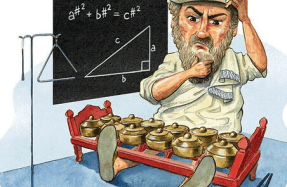
JS Bach
Cello Suites Nos 3 & 4
Sonia Wieder-Atherton (cello)
Alpha Classics ALPHA1009 56:33 mins

Bach’s six years as director of music at Prince Leopold’s court at Cöthen between 1717 and 1723 saw him produce some of the Baroque era’s finest instrumental music. In the case of the Suites for solo cello – along with the Sonatas and Partitas for solo violin – these works remain at the heart of the repertoire three hundred years later. The outward form of the cello suites – with the familiar French dances each introduced by a Prélude – is conventional enough, but within these confines Bach explored a range of sonority demanding a technical expertise and expressive understanding that has challenged the finest soloists from all over the world for nearly a century.
According to her accompanying note, Sonia Wieder-Atherton’s approach to these works is shaped by visual stimuli: the tactile qualities of Giacometti’s sculpture and the meditative photography of Sarah Moon. In the Préludes the result is broadly expansive, which suits the preparatory function of their opening gestures, but later undermines their sense of direction. The succeeding dances have more poise and a much stronger feeling for line. The Bourrée of the C major suite and the concluding Gigue of the E flat suite are delightful, and the Sarabandes in both are elegant and richly expressive. The resonant acoustic




